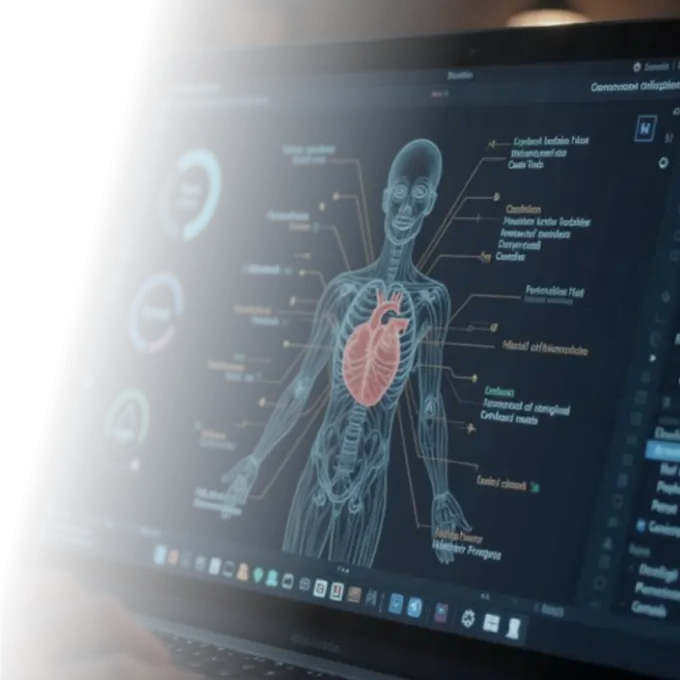Trusted by
When HIPAA compliance testing matters?
When new healthcare software is developed for the US market.
When significant changes are made to the existing healthcare application targeting the US.
When official HIPAA requirements have recently been changed.

Your domain, our clients
“They can take my lack of knowledge and I can trust that they will be able to produce something of value.”
See case study
See case study
See case study
"They take on current problems and address future issues as well."
See case study
See case study
"The difference with DeviQA is that they make the extra step."
See case study
Our solutions for your HIPAA compliance testing challenges
With proven HIPAA compliance testing, we deliver efficient, reliable solutions to protect your
sensitive data.
Our HIPAA compliance
testing services
Stay ahead of risks and ensure your organization meets HIPAA standards with
our comprehensive HIPAA software testing and compliance services.
Consultancy
Expert guidance to assess your current compliance status and create a clear roadmap to secure sensitive data.
Audit
Thorough evaluations of your policies, systems, and processes to identify gaps and ensure regulatory adherence.
Testing
Rigorous testing of your IT systems to uncover vulnerabilities and ensure robust protection of patient data.

How compliant is your application?
Book a call to avoid legal risks by identifying HIPAA compliance gaps early with DeviQA's 16 years of proven expertise.
Why choose us for HIPAA compliance testing services?
Over 500,000 project man-days successfully delivered.
We take full accountability for our work.
A range of value-added services at no extra cost.
Free test trial. Try us before making any payment.
Our engineers are senior QA professionals with strong autonomy and self-starting ability.
With a 96% retention rate, we offer stable teams, compared to the industry average of 80%.
Extensive testing lab with a wide range of environments, platforms, and devices.
Access to a technology community of over 1000 QA engineers and experts.
Our approach to HIPAA compliance testing services
As an HIPAA compliance testing company, we follow a structured approach to ensure your digital products are compliant.
Consultation & assessment
We begin by understanding your needs and assessing your current compliance status.
Compliance gap analysis
We conduct a thorough audit to identify any compliance gaps across your systems and processes.
Customized testing plan
Based on the analysis, we develop a tailored plan focusing on key risk areas and requirements.
HIPAA software testing
We perform rigorous software testing to uncover vulnerabilities and ensure security measures meet HIPAA standards.
Reporting & recommendations
After testing, we provide a detailed report with actionable recommendations for improving compliance.
Ongoing monitoring & support
We offer continuous monitoring and support to keep your systems compliant and secure long-term.
Stay secure and compliant
Partner with DeviQA to ensure your product meets US regulatory standards
Here’s what people are saying
about DeviQA
Collaboration process overview
- 01
Initial contact. We start by understanding your testing needs and aligning them with your goals.
- 02
Assessment. Our experts analyze your current process and propose a tailored improvement plan.
- 03
PoC. Try a free proof of concept to see our capabilities in action.
- 04
Trial & evaluation. We conduct a trial phase and review the results together.
- 05
Contract & QA implementation. Once satisfied, we sign the contract and begin full-scale QA.
- 06
Flexible partnership. DeviQA offers scalable solutions to adapt to your business needs.










